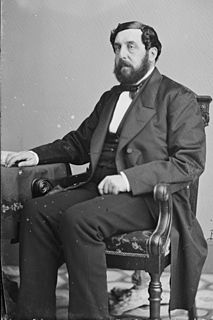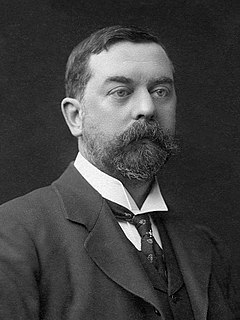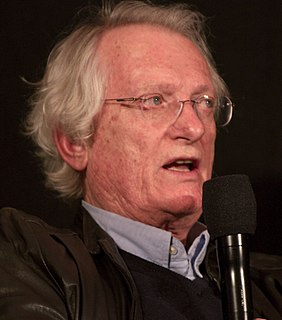A Quote by John Dewey
The intimation never wholly deserts us that there is, in the unformed activities of childhood and youth, the possibilities of a better life for the community as well as for individuals here and there. This dim sense is the ground of our abiding idealization of childhood.
Quote Topics
Related Quotes
In childhood our credulity serves us well. It helps us to pack, with extraordinary rapidity, our skulls full of the wisdom of our parents and our ancestors. But if we don't grow out of it in the fullness of time, our ... nature makes us a sitting target for astrologers, mediums, gurus, evangelists, and quacks. We need to replace the automatic credulity of childhood with the constructive skepticism of adult science.
They say that childhood forms us, that those early influences are the key to everything. Is the peace of the soul so easily won? Simply the inevitable result of a happy childhood. What makes childhood happy? Parental harmony? Good health? Security? Might not a happy childhood be the worst possible preparation for life? Like leading a lamb to the slaughter.
I hate to paint portraits! I hope never to paint another portrait in my life. Portraiture may be all right for a man in his youth, but after forty I believe that manual dexterity deserts one, and, besides, the color-sense is less acute. Youth can better stand the exactions of a personal kind that are inseparable from portraiture. I have had enough of it.
I thought, "Well, I'm writing about early childhood, so maybe it would make sense to write about late childhood as well, early adulthood." Those were my thoughts, and this was how this crazy book [Winter Journal] was composed. I've never seen a book with pictures like at the end, pictures related to things you've read before.








































